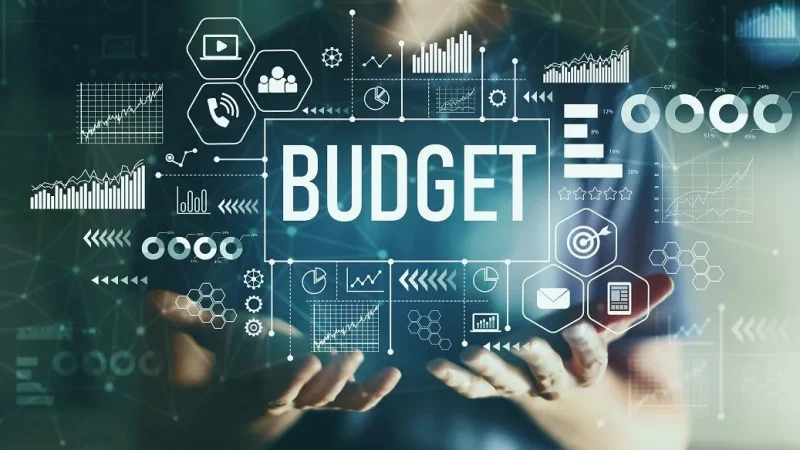Nigeria’s fuel import bill has hit N4 trillion in just the first six months of 2025, raising fresh concerns about the slow pace of domestic refining despite ongoing reforms in the downstream petroleum sector.
Figures from the National Bureau of Statistics (NBS) show that the country spent N2.3 trillion on fuel imports in the second quarter of 2025, following N1.76 trillion recorded in the first quarter. At the prevailing exchange rate of N1,550/$1, this translates to about $2.58 billion.
For comparison, Nigeria spent N15.4 trillion on fuel imports in the whole of 2024, a figure that strained the nation’s foreign reserves and heightened naira volatility. Analysts warn that if the current trend continues, the 2025 import bill could rival or surpass last year’s record high.
The NBS report revealed that Nigeria imported N208.76 billion worth of petrol from the ECOWAS region in Q2 2025, underscoring the continued importance of regional trade networks in meeting domestic fuel demand. Other major imports from the bloc included fabrics containing 85% or more silk, valued at N69.3 billion.
Nationwide, petrol ranked among the top five most imported commodities in Q2, alongside durum wheat, gas oil, crude petroleum oils, and cane sugar for refineries — reinforcing the dominance of energy-related products in Nigeria’s import basket.
Despite the launch of the 650,000 b/d Dangote Refinery and government efforts to boost local refining, imports remain significant.
Crude oil still dominates Nigeria’s energy profile, but the lack of fully functional refineries continues to expose the economy to import dependence.
“The data speaks for itself. It shows that we are still heavily dependent on imports,” said Dr. Muda Yusuf, CEO of the Centre for Promotion of Private Enterprises (CPPE).
“Our commitment to refining domestically and achieving complete import substitution is not yet total. There are still vested interests in fuel importation. The government needs to adopt fiscal policies that incentivize backward integration and penalize unnecessary imports.”
Echoing the concern, Lagos-based economist Bola Akani noted: “Until Nigeria achieves consistent and sustainable local refining, fuel imports will remain a heavy drag on the economy. Spending N4 trillion in just two quarters is proof that our downstream reforms are moving slower than expected.”
In July, Nigeria made history by importing more crude oil from the United States than it exported, reversing the traditional flow of petroleum trade between the two countries.
Data from the U.S. Energy Information Administration (EIA) shows the reversal occurred between February and March 2025, partly due to operational changes in Nigeria’s refining landscape and declining U.S. East Coast crude demand.
Industry observers attribute this to the rising crude demand from the Dangote Refinery, which began operations in January 2024 and is expected to hit its full refining capacity of 650,000 barrels per day later this year.
Meanwhile, Dangote Refinery is expanding its regional footprint. The company recently announced plans to build fuel storage tanks in Namibia, with the capacity to hold up to 1.6 million barrels of gasoline and diesel for distribution to southern African markets.
Analysts believe Nigeria’s ballooning import bill, coupled with the slow ramp-up of refining capacity, underscores the urgency of downstream reforms.
While the growing role of Dangote Refinery offers hope for reduced dependence, experts stress that fiscal discipline, transparency, and enforcement of local content policies remain critical to ending the fuel import cycle.





